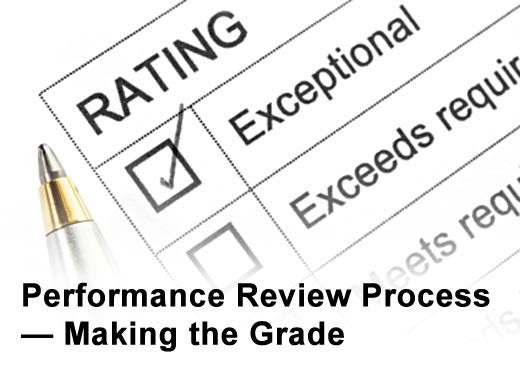The reviews are in for performance reviews, and they are largely negative, as IT Business Edge’s Ann All recently wrote. Among the criticisms: Many companies do them once a year, and managers tend to base them only upon recent events rather than the entire year. They foster a competitive culture rather than a collaborative one. Focusing on individual performance de-emphasizes overall corporate performance.
With some effort, companies can make performance reviews more productive for employees, their managers and the overall organization. Click through for eight tips from Jeffrey Pfeffer, a professor of Organizational Behavior at Stanford University's Graduate School of Business; John Picoult, founder of Watermark Consulting; and Maxim Sytch and D. Scott DeRue, both assistant professors in the University of Michigan’s Stephen M. Ross School of Business.
Click through for eight tips that can help improve your company's performance review process.
Make criteria more explicit and objective.
Write reviews from scratch instead of simply basing them on employees’ self-assessments.
Incorporate feedback from peers, subordinates and other managers into reviews. Keep a diary so reviews reflect cumulative performance and recent events don’t receive undue emphasis.
Make reviews more of an open, two-way dialogue. Open by asking employees how they think they are doing. Instead of a formal self-assessment form, encourage employees to prepare for this question by preparing a list of projects or tasks they’ve been involved with they’d like to discuss.
Don’t wait for reviews to offer feedback. Offering more frequent feedback makes it easier to curtail undesirable behavior and encourage continued progress.
Separate reviews from developmental sessions, to give employees a chance to consider managers’ feedback and offer their own suggestions for improvement.
Keep the number of reviews managers are expected to provide to a manageable number.
Periodically review the review process, surveying both employees and managers to find out what works well – and what doesn’t.











